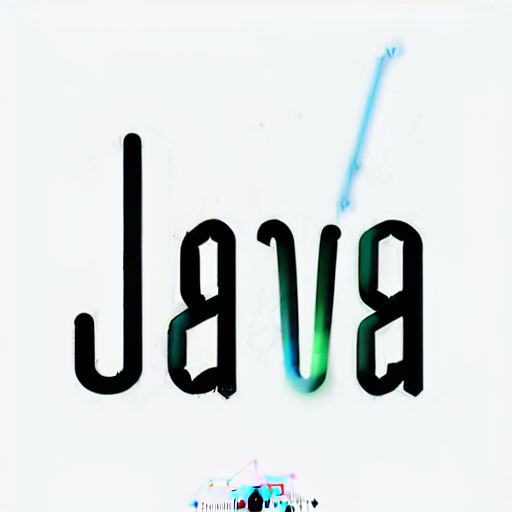FEST Fluent Assertions For Joda Time框架的Java类库技术原理概述

FEST Fluent Assertions是一个能够简化Joda Time框架的Java类库的技术工具。本文将对FEST Fluent Assertions的技术原理进行概述,并在必要时解释相关的编程代码和配置。
Joda Time是一个广泛使用的日期和时间处理框架,它提供了比JDK自带的java.util.Date和java.util.Calendar更强大和易于使用的日期和时间操作功能。然而,使用Joda Time框架时,常常需要编写繁琐的断言语句来验证代码的正确性。FEST Fluent Assertions的目标就是简化这个过程,使得断言语句更加易读和易于编写。
FEST Fluent Assertions通过使用流式DSL(Domain Specific Language)来实现这一目标。DSL是一种专门用于解决特定领域问题的编程语言,它通常具有更高的可读性和易用性。
具体而言,FEST Fluent Assertions为Joda Time框架添加了一组流畅的API,用于创建和组合断言语句。这些API可以非常自然地与Joda Time的日期和时间对象交互,并提供了丰富的断言方法来验证这些对象的各种属性和行为。
下面是一个示例代码,展示了如何使用FEST Fluent Assertions进行断言:
import org.fest.assertions.api.Assertions;
import org.joda.time.DateTime;
public class DateTimeAssertionExample {
public static void main(String[] args) {
DateTime dateTime = new DateTime(2022, 1, 1, 0, 0, 0);
// 使用FEST Fluent Assertions进行断言
Assertions.assertThat(dateTime)
.isNotNull()
.isEqualToIgnoringMillis(new DateTime(2022, 1, 1, 0, 0, 0))
.isAfter(new DateTime(2021, 12, 31, 23, 59, 59))
.isBefore(new DateTime(2022, 1, 1, 0, 0, 1));
}
}
在上面的示例中,我们创建了一个`DateTime`对象,并使用FEST Fluent Assertions对其进行了一系列的断言。通过使用流式的API,我们可以连续地对日期和时间对象的不同属性进行验证,而无需编写冗长和复杂的断言语句。
为了使用FEST Fluent Assertions,我们需要将其作为依赖项添加到项目的构建配置文件中(例如Maven的`pom.xml`文件)。以下是一个简单的Maven配置示例:
<dependencies>
<dependency>
<groupId>org.easytesting</groupId>
<artifactId>fest-assert-core</artifactId>
<version>2.0M10</version>
</dependency>
<dependency>
<groupId>joda-time</groupId>
<artifactId>joda-time</artifactId>
<version>2.10.13</version>
</dependency>
</dependencies>
以上配置示例中,我们添加了`fest-assert-core`和`joda-time`的依赖项,以便使用FEST Fluent Assertions和Joda Time框架。
总结来说,FEST Fluent Assertions为Joda Time框架提供了一种简化断言语句的方式,通过流畅的API和DSL实现了易读易用的断言。借助于这个技术工具,开发人员可以更方便地对Joda Time日期和时间对象进行验证,提高开发效率和代码质量。
